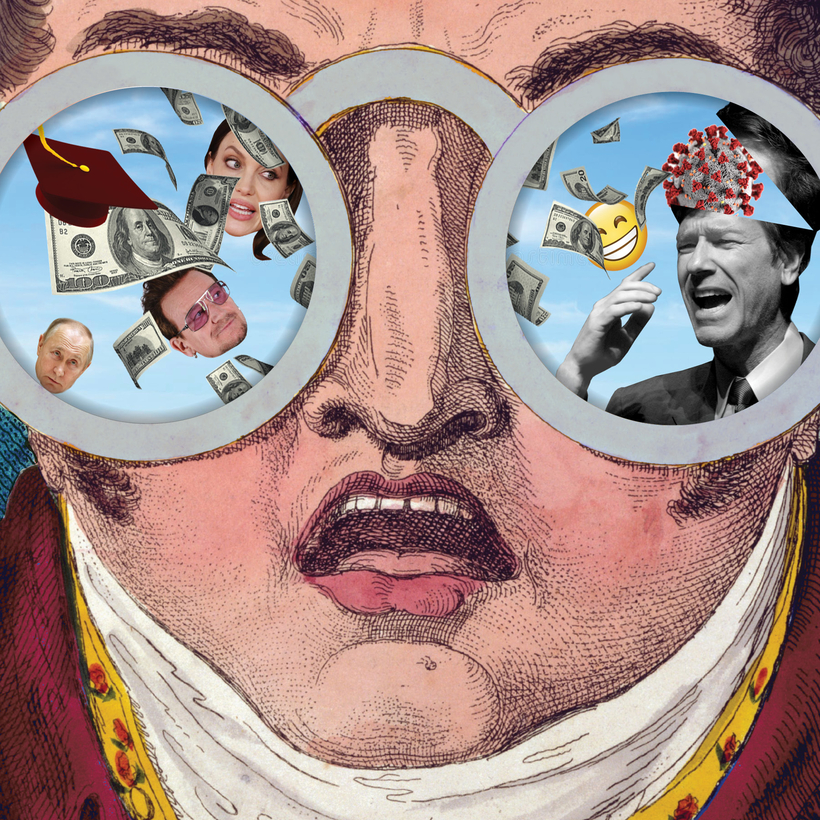A funny thing happened to Jeffrey Sachs on his way to becoming president of the United States. The Columbia University economist with the cocksure demeanor and the Kennedy-esque head of hair who once had the ear of U.N. secretary-general Kofi Annan, the financial backing of George Soros, the friendship of Bono and Angelina Jolie, and a plan for ending global poverty has become, instead, something between a ghost and a … well, if not a laughingstock, exactly, then a sort of impeccably educated Thanksgiving uncle.
Consider that in one of his increasingly rare appearances in the mainstream media—Bloomberg Television, last October—Sachs, brought on to discuss the invasion of Ukraine, surprised host Tom Keene by stating as fact that it was the U.S. and not, as first reported, Russia that had, in 2022, sabotaged the Nord Stream pipelines, those undersea conveyors of natural gas to Central Europe, presumably as a sub-rosa way of punishing Vladimir Putin beyond the announced sanctions. (Sachs’s basic line about Ukraine is that we ought not be overly hard on Putin, because Russian history and World War III.)

